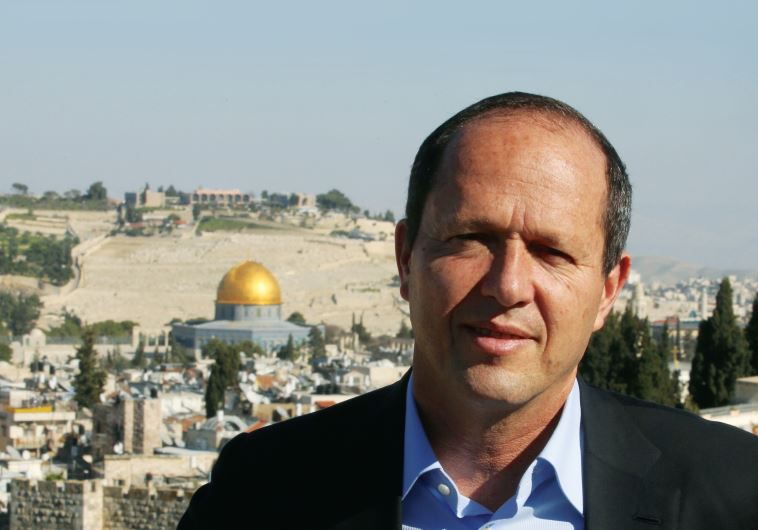Wisdom of the heart – not of the ‘bagrut’
We lack the necessary budget, and it’s a pity to see these skilled youth prevented from taking the exam.
 Mayor Nir Barkat at the Jerusalem Marathon press conference this past March(photo credit: MARC ISRAEL SELLEM)
Mayor Nir Barkat at the Jerusalem Marathon press conference this past March(photo credit: MARC ISRAEL SELLEM)